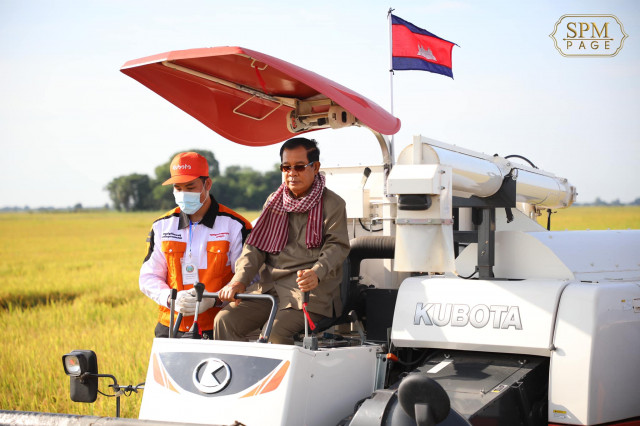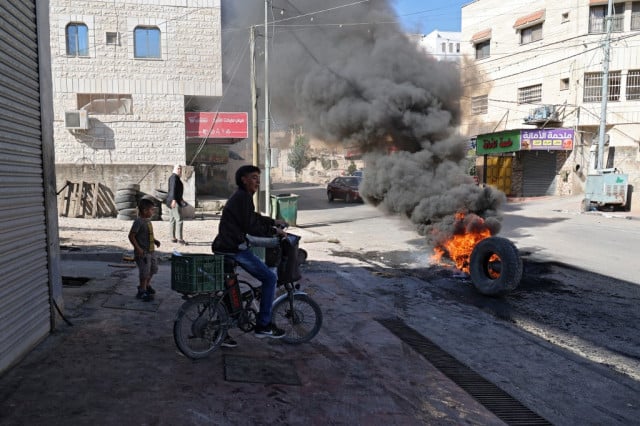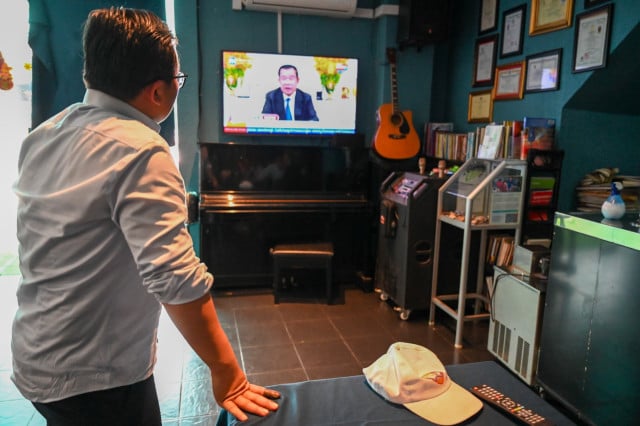US Ends Aid For Sanctuary Protection
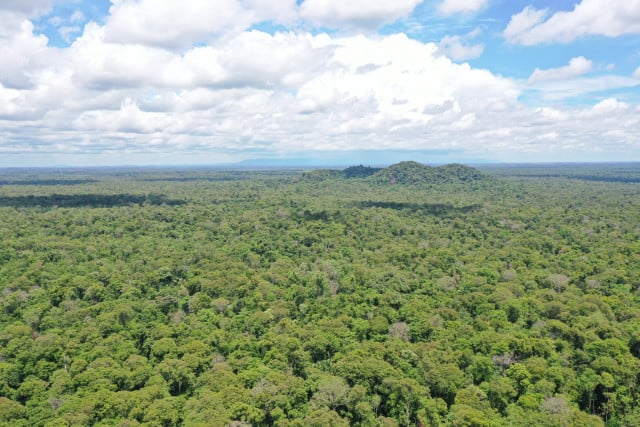
- By Phoung Vantha
- June 17, 2021 1:30 PM
Embassy says wildlife crimes not being prosecuted
PHNOM PENH--The United States says it is ending assistance to government entities under the USAID Greening Prey Lang project – as the government continues to silence and target local communities and their civil society partners who are concerned about the loss of natural resources.
"Well documented illegal logging continues in and around the Prey Lang Wildlife Sanctuary, and Cambodian authorities have not adequately prosecuted wildlife crimes or put a stop to these illicit activities," the US embassy in Phnom Penh said.
The embassy said it has invested more than $100 million in programs that combat these problems in Cambodia through the US Agency for International Development (USAID).
It said Cambodia has made important strides in environmental protection but the US has repeatedly expressed concern about persistent high deforestation rates in protected areas, particularly in the sanctuary where USAID has invested significant resources.
"We have urged increased cooperation between the Cambodian government and local communities and civil society to find solutions to protect Prey Lang and the natural heritage of the Kingdom for the benefit of all Cambodians and the world," the embassy said.
"Unfortunately, the situation is worsening. Since 2016, despite USAID’s support for increased ranger patrols, training of law enforcement, and development of a national protected area management system, the Prey Lang Wildlife Sanctuary has lost approximately 38,000 hectares of forest, nearly nine percent of its forest cover."
The embassy said aid will be redirected to support civil society, the private sector and local efforts to improve livelihoods and expand climate-sensitive agriculture.
"The United States will continue to engage the Cambodian government on climate change and environmental issues of mutual and global concern, including through the Mekong-US Partnership," it said.
Environment Ministry spokesman Neth Pheaktra said that the ending of the USAID Greening Prey Lang project showed that the ministry, on behalf of the government and its officials, is strong enough to fulfill its role protecting and conserving natural resources on the basis of the law.
"We respect the decisions of development partners and thank them for joining Cambodia with past technical assistance in the protection and conservation of natural resources in Prey Lang," he said.
"The two sides agreed to turn to other areas of cooperation that continue to serve the best interests of the Cambodian people."
He said the ministry will continue its mission with great responsibility and professionalism in the management and conservation of Prey Lang Wildlife Sanctuary as well as other nature-protected areas for the next generations.
"The Ministry of Environment emphasizes that large-scale natural resource crimes in the Prey Lang Wildlife Sanctuary and other protected areas no longer occur, but small-scale crimes continue," he said.
“This is a small concern that the Ministry of Environment and relevant authorities have been pursuing responsibly.”
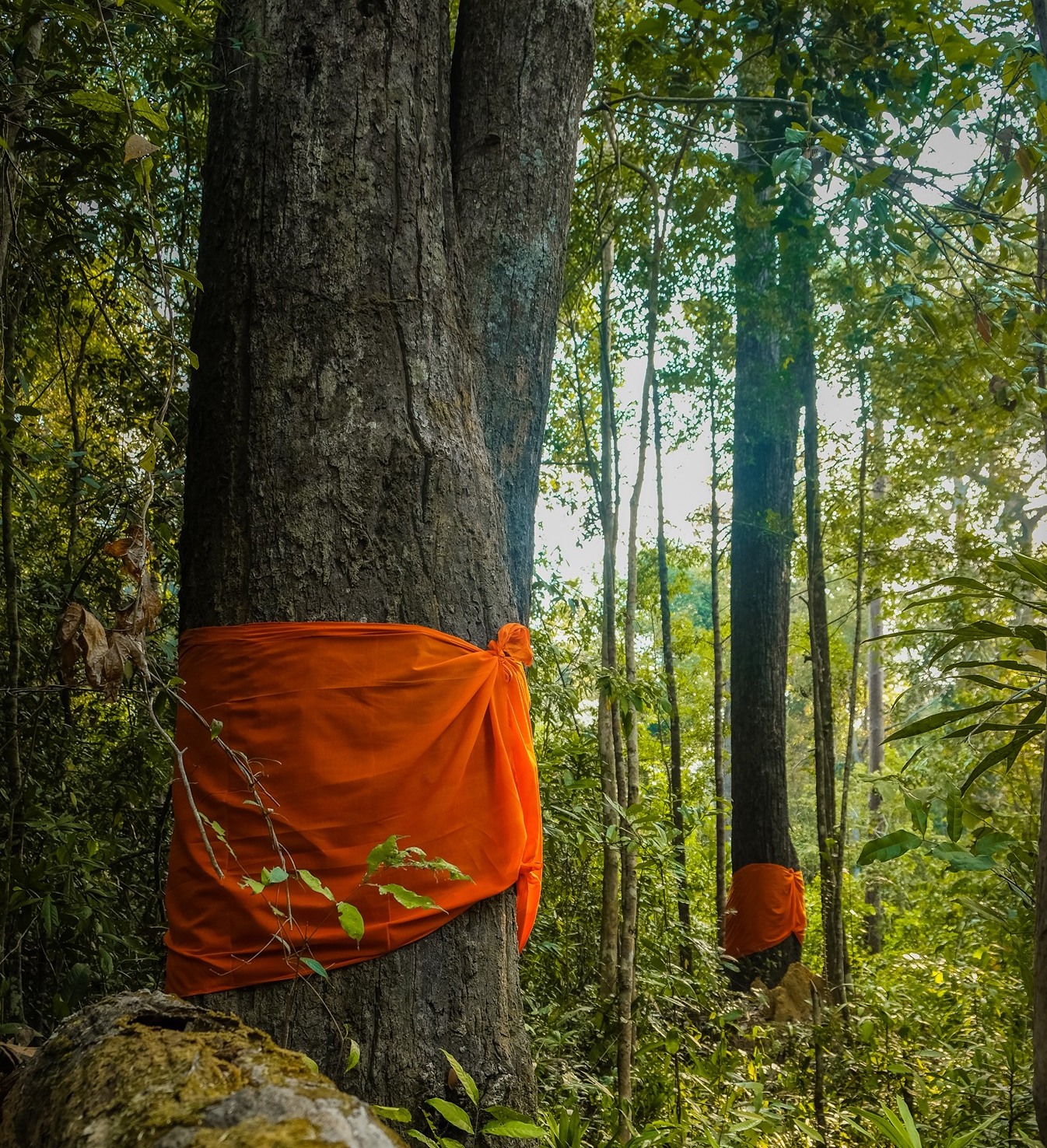
Pheaktra said the Cambodian government never got any budget for the project, which was implemented by consultants Tetra Tech and USAID.
The notable environmentalist Ouch Leng was arrested along with four others in February 2021 after he gained access to the protected area of Prey Lang in an attempt to raise awareness about the damage that deforestation is doing to the environment.
The activists were jailed for three days and released without charge, but remain under court supervision.
According to the Global Initiative Against Transnational Crime, Cambodia lost about 557,000 hectares of forest cover in protected areas between 2001 and 2018.
This is equivalent to about 11,7 percent of all protected areas, which environmental activists and civil society organizations have increasingly been restricted by authorities from patrolling and protecting.
Additional reporting by Lay Sopheavotey






